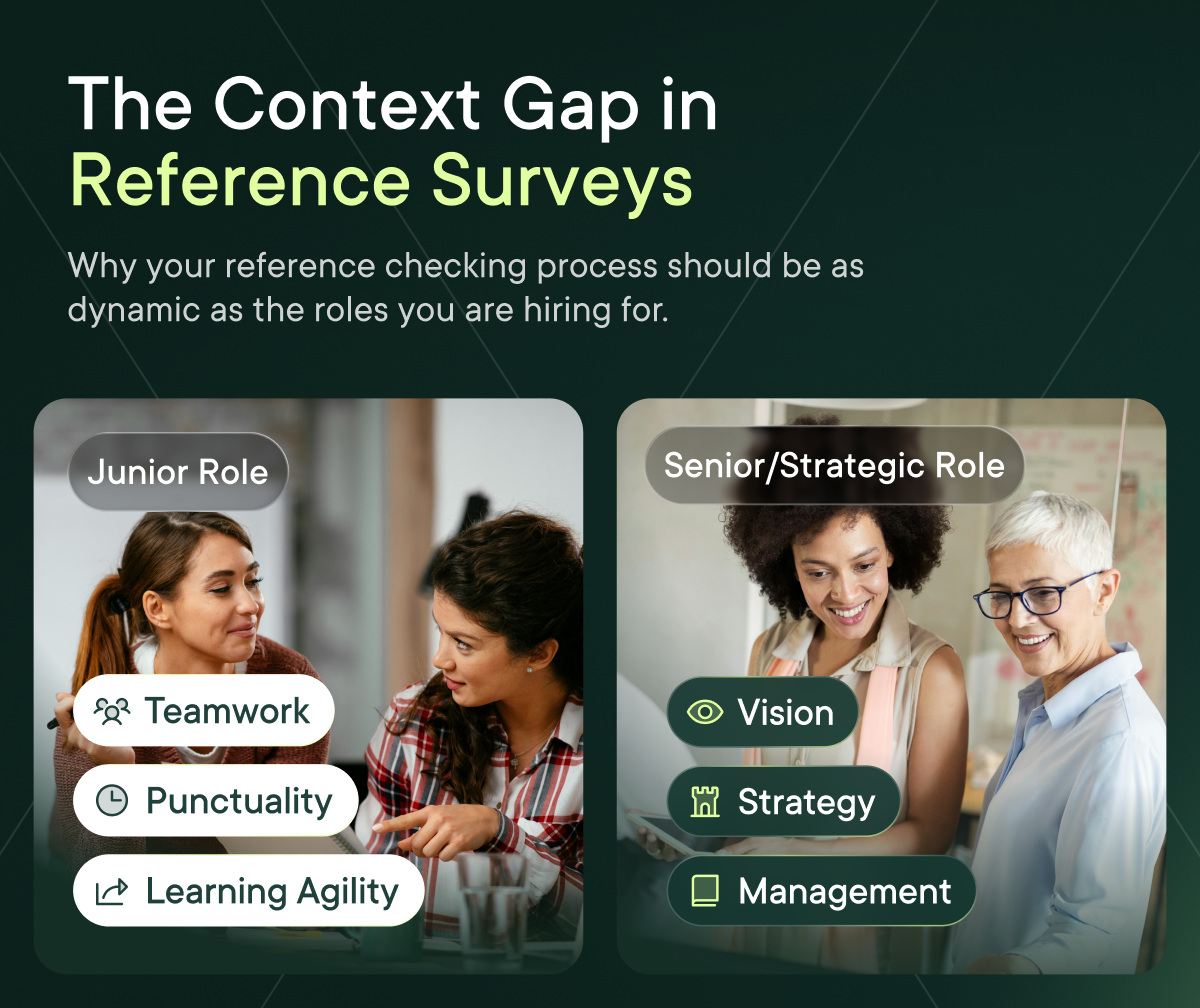


Give your people a voice with a tailored Xref Engage survey.
Increase retention and reduce turnover with quick employee feedback from an Xref Pulse Survey.
August is National Wellness Month – a time to shine a light on the importance of self-care, managing stress and cultivating healthy routines.
For organisations, National Wellness Month is an opportunity to take stock of workplace wellness (aka wellbeing) initiatives. How are employees really feeling in their jobs? Is there more that leaders and HR can do to promote wellness?
One thing is for sure: the healthier and happier employees are at work, the more productive they are and the better an organisation will perform.
The perception around employee wellness evolves as employee needs and priorities shift. A few years ago, before the global pandemic, employee wellness was synonymous with activities like corporate yoga and healthy snacks.
Now, employees expect wellness initiatives to be more substantial and more meaningful. At Xref, amongst other initiatives, we offer employees greater flexibility and remote working opportunities. This fosters:
Work and life have become increasingly integrated, especially with the dominance of remote working arrangements. There is an expectation for employers to support employees wholistically. Doing so means supporting and embracing them as ‘whole people’ who have identities inside and outside work.
To adequately support the ‘whole person’, the Reward and Employee Benefits Association (REBA) outline four key pillars of wellness:
Each of these four pillars affects the other, and organisations should consider potential implications.
For example, remote working practices may improve mental, physical and financial wellbeing, but social wellbeing could suffer due to a lack of in-person connection.
Despite being a remote-first organisation, at Xref we encourage workplace connection for all our employees by hosting in-office days, team celebrations, and setting up group chats for people with shared interests.
Organisations simply cannot afford to drop the ball on employee wellbeing. According to a McKinsey report, toxic workplace behaviours like bullying harms mental health, and absenteeism from poor mental health has cost Australian businesses an estimated $17 billion a year.
Xref offers free access to a workplace Employee Assistance Program (EAP). The EAP service allows Xref employees and their family members to meet confidentially with a counsellor to discuss wellbeing and any mental health challenges.

The responsibility of fostering wellbeing at work has historically fallen to Human Resources teams and the strategies and tactics they implement to keep wellness and morale high. However, according to an Australian Financial Review article, ‘one simple factor that contributes notably to employee wellbeing is an empathetic manager.’
Research cited in the AFR article shows that having a manager simply validate a mental health-related concern is enough to boost wellbeing. A line manager must possess “interpersonal, social and empathetic skills” to adequately support employees.
Using the four pillars above, here are some examples for managers to support their employees and foster workplace wellness and wellbeing.
Physical wellbeing check in: A manager can make sure workload is reasonable, the team are taking breaks, taking annual leave or not working when an employee is unwell.
Mental wellbeing check in: Managers can ask their employees if an individual’s workload seems manageable and adjust or help reprioritise tasks if needed.
Social wellbeing check in: A manager can organise opportunities for their team to engage in social activities and check with the team to ensure all social interactions are healthy.
Financial wellbeing check in: While it is harder for a manager to have visibility on personal finances, a manager can ensure that their team members are remunerated fairly.
In order to understand the effectiveness of your workplace wellness initiatives, you must first understand how your employees truly feel about your company.
Conducting employee engagement surveys can enhance your understanding of what your employees want and need from your organisation in order to thrive in their roles.
To support Xref’s people, our CEO was the driving force behind our recent employee engagement survey. The survey helped to understand our employee experience and how highly engaged our people are.
Our employee engagement survey questions focused on uncovering employee needs from a work context.
By measuring employee engagement through this survey, Xref learned there are initiatives we can implement to help increase our employee satisfaction and will go a long way in retaining talent for the long term.
Xref Engage offers a suite of surveys including Pulse Surveys and Employee Engagement Surveys to assess your organisation’s performance across key areas like engagement, wellbeing and leadership.
Survey results are presented in easy-to-read graphs to make it easy to visualise patterns and trends and identify strengths. Using these insights, organisations can better understand how to support their employees’ wellbeing.
Employee wellness should always be a priority for organisations, and National Wellness Month is a great reminder to check in with employees to check their needs are being met.
Quick win activities that can be undertaken this month include; manager check-ins, employee bonding sessions like trivia or brain teasers (in person or online) and asking your people to share fun activities they do to foster their own wellbeing, such as yoga or pilates, eating lunch outside, joining colleagues for a coffee and more.
By surveying employees regularly, leaders can gain in-depth insight into what makes employees tick. If an employee’s wellbeing is suffering, it could negatively affect the bottom line and the employer brand, so organisations cannot afford to not support employees in a meaningful way.
If you are looking for a way to check in on the wellness of your employees, try an employee survey to discover what matters to your people. Book your free Xref Engage demo today.
